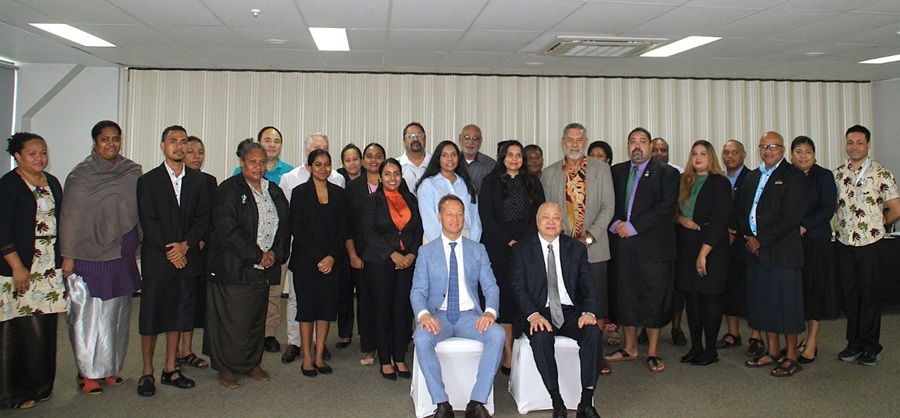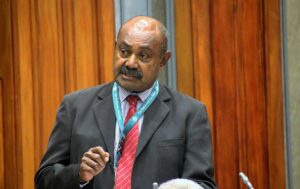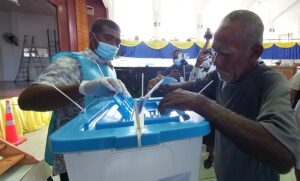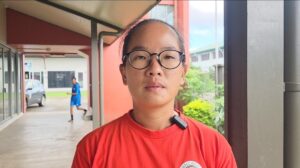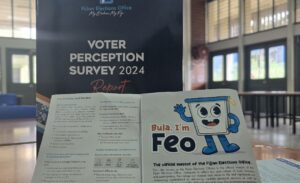Local stakeholders gathered at a workshop today aimed at tapping into the economic and cultural potential of Fiji’s unique products through a deeper understanding and potential adoption of the Lisbon System for international protection of Geographical Indications (GIs).
The initiative, spearheaded by the Attorney-General’s office in collaboration with the World Intellectual Property Organisation (WIPO), could pave the way for global recognition and premium market access for Fijian goods, including kava.
Opening the 4-day workshop in Suva, Attorney-General Graham Leung in Suva, underscored Fiji’s commitment to leveraging its intellectual property to benefit local communities and boost the national economy. He said a robust national GI system, potentially aligned with the Lisbon System, would serve as a powerful tool to recognise the distinct origin, quality, and authenticity of Fijian products.
“Geographical indications are a form of intellectual property that protect products deeply rooted in a specific place, culture, and tradition,” Leung said. “They serve as a recognition of origin, quality and authenticity – attributes that command a competitive edge in both domestic and international markets.
“Products such as kava, Fiji Water, virgin coconut oil, masi, traditional handicrafts, and other artisanal goods have the potential to be globally recognised through GIs – not only as commodities, but as emblems of identity, resilience and heritage.”
By securing international recognition through a system like Lisbon, Leung says Fiji can prevent the misuse of these names and ensure that the economic benefits flow directly back to the Fijian people. It can also stimulate investor confidence, trade negotiations and capacity-building partnerships. This approach also moves away from marginalising local expertise towards a system where it is “celebrated, protected, and monetised.”
The workshop agenda, led by WIPO’s Matteo Gragnani, includes in-depth sessions on the Lisbon System, case studies from the Asia-Pacific regions, and dedicated discussions on achieving GI recognition for Fijian kava. Participants from government, the private sector, and civil society are actively involved, aiming to shape a national GI strategy.
A significant portion of the workshop will focus on kava. Discussions will cover its legal status, market potential, and the steps required for formal GI recognition.
The workshop ends on Friday.

